Decisions that Define Us:
Between State and Communal Politics
In this searching reflection on struggle, Vilma Almendra analyzes the colonial trappings of state-centric politics. Written on May 29, 2022, the date of the first round of presidential elections in Colombia, the text argues that elections reinforce systems of domination that undermine self-determination and autonomy. A Nasa and Misak woman, and a member of Pueblos en Camino, Almendra grounds her reflections in the experiences of the indigenous movement in Kauka and the 2021 uprising in Cali, exploring the potential for rebellion and the dangers of cooptation. Ultimately, this is a call to “walk the word” through daily practices of revolt and communal politics that make liberation possible.
On that Sunday, my mom and my grandfather got up early and traveled by horseback to the municipal capital of Jambaló, Kauca.1 At the time, we lived in El Voladero School because my mother was a teacher there. They returned in the late afternoon. I ran out to greet them. Seeing their red fingers caught my attention and I immediately asked and they told me they had come back from voting. That was the first time I heard talk about elections.
Years later, my grandparents told me about the period of partisan violence2, a time when the blues waited for the reds in order to kill them (and vice versa), when the landowners forced the farmers to vote for their party, when the women cooked copious amounts of food to serve to candidates, when you won an appointment by securing votes — a time from whence little or nothing has changed.
When I turned 18, they made me get my national ID. The officials congratulated me because now I could participate in democracy. The politicians paid the needy youth who campaigned for them well. I was never interested in voting until I became part of the Indigenous Movement. I always obeyed and was guided by relatives and friends to vote for those who would support the peoples’struggles.
Candidates are very kind, friendly, and helpful while they are campaigning. As soon as they gain notoriety, they forget the people who elected them and become important “doctors.” Taking the time to visit and listen closely to their communities is no longer necessary for them; they make decisions in offices far from the territories. When they win, they make us believe they are indispensable and that they serve the people.
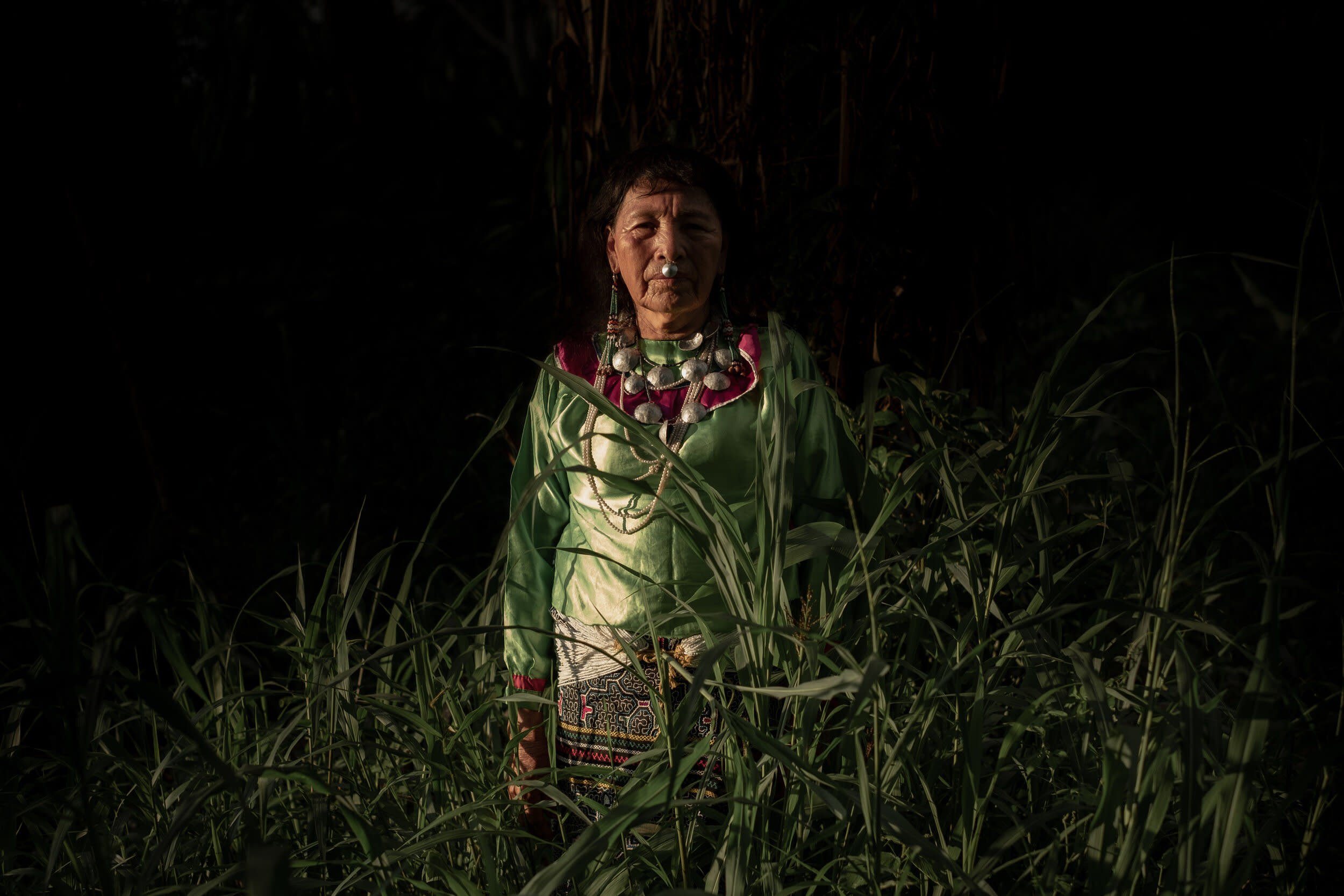
Yet still, the Indigenous Movement created its own political party to bring about the necessary changes. We elected our own representatives to avoid the usual deceit. A few rebels, followers of the communal ethic, did what was in their power for the collectivity that elected them, fighting for their rights. The majority were absorbed, got comfortable, and turned from being community leaders into state agents.
We openly reproduced patriarchal, colonial, statist, and also racist forms through the electoral politics in our territories. The party politics of the Indigenous Movement has changed faces, and has even included women, but the dynamic of power continues to be the same that we inherited from the state, and whose patriarchy we criticize: “Step up, step back,” “Women in power,” “Change has arrived.”
We still refuse to recognize that it is impossible to do away with the power that dominates us through the state. We refuse to understand that it belongs to the nature of the state to be patriarchal, colonial, racist, criminal. We refuse to see beyond the categories and functions assigned to us by the system. We refuse to recover the memory of the earth only so as to nourish, educate, heal, communicate, relate, and liberate ourselves…into its arms.
As Pueblos en Camino — an initiative that seeks to weave together practices of resistance and autonomy through discussions and action alongside others from nearby regions — we have tried to critically address certain aspects of the electoral politics that frequently come between us, and which we would like to change piece by piece through the course of our daily activities. In this vein, I will share with you some reflections that unsettle my imagination, my body, and my territory.
The State Politics that Inhabit Us
Unfortunately, the relational dynamics of power that are most glaring and problematic during electoral periods also reappear in an everyday way in all the spaces through which we move in the world. Our territorial imaginary is colonized and has been domesticated through the family, school, church, assembly, factory, and street…to accept and reproduce existing power relations.
They have imposed patriarchal figures on us to whom we owe courtesy and submission. This is also how it works in the most intimate spaces such as the bed and the dining room, and likewise, in the classroom, the temples, in the offices, even in social organizations, not to mention in the most statified [estatizada] institutions. They have imposed patriarchal figures on us from above, and they have made us believe we are nothing without due obedience.
Expressions such as these will be very familiar to you: “Shut up, the adults are talking”; “In the home, the man is boss because he’s the one who works”; “Learn to cook so you can attend to your husband”; “Don’t use birth control because it will make your husband angry”; “You can’t split up because God will punish you”; “Authority is not questioned, it is obeyed”; “He who commands, commands, even if he commands badly.”
At home, we must all obey the father, even if he is a liar or a violent abuser. At school, we must all obey the teacher, even if he is a harasser, an abuser, or a swindler. At church, we must all obey the priest, even if he is a thief, rapist, or cheat. In organizations, we must all obey the authorities, even if they are corrupt, self-serving, or treacherous. On the street, we must all obey the police, even if they are violent, torturers, or murderers.
Obviously, there are exceptions that break the established rules and fortunately there exist wonderful men and women who surpass these forms of authority at all levels. However, they are only exceptions, because the majority of these figures are patriarchal, colonial, and statist; they reproduce forms of domination to stay in power.
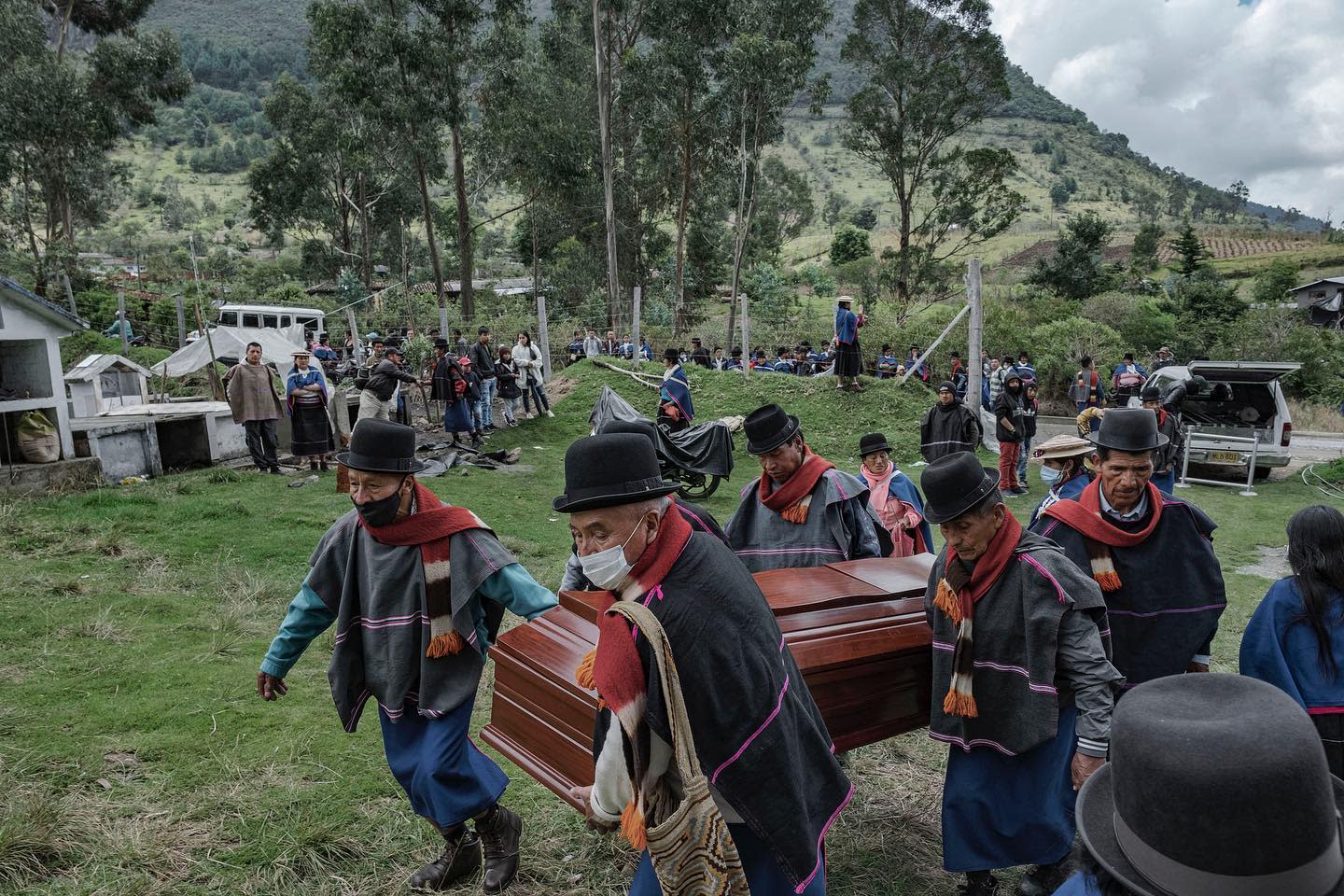
These members of the patriarchy are the candidates who claim to represent the needs of the people and seek to be elected to a position in the government of the oppressive state. The majority look to get comfortable, look to benefit themselves, look to take advantage of what they can, look to accumulate more wealth or get out of poverty, look to stay in power, look for allies in the territories and try to keep them loyal by tossing them crumbs; in short, they look for personal gain.
Obviously, there are exceptions. There are naïve people who trust in the intentions of the Social Rule of Law, ignoring that today there is a corporate state in the service of transnationals. There are naïve people who believe in the peace of the state, ignoring that it needs war to keep the economy moving. There are naïve people who believe that the health care system cures, ignoring that it profits by making us sick. There are naïve people who believe that the education system enlightens, ignoring that it colonizes, racializes and enslaves.
These naïve people, when elected, do everything in their power to support social struggles and redistribute minimal resources to the people. However, sooner or later, they realize that it is impossible to alter the relations of power while being positioned at its center, and that to govern is nothing more than to administer the resources that come from plundering the territories. Some are able to understand and give up. Others are able to understand and continue.
It is not only during elections that opportunism, clientelism, and the buying and selling of people come to the surface. As Manuel Rozental says, sadly we no longer have social relations but social transactions. We suffer opportunism and clientelism daily. For example: when faced with the need for housing, food, education, health care, or work, there is always someone exercising power over others, and we naturalize this relationship.
How does the cop relate to the street vendor? How does the traffic officer relate to the driver? How does the national guard relate to the migrant? How does the professional relate to the trainee? How does the media relate to the facts? How do officials relate to the people? How does the supermarket relate to the farmer? There are exceptions, but power is the rule.
Every day we disappear into the social relationship imposed upon us by capital, in which, “seen through the prism of the state, the capital relation is concealed, class struggle is defused, classes are atomised into a mass of individual citizens — ‘the public’, class consciousness is broken down into ‘public opinion’ to be expressed individually through opinion polls or the ballot box.”3
The Communal Politics We Should Recover
During the 2021 National Strike against the reforms and other abuses against the people, we saw self-organization, self-care, self-management and tenderness erupt all across the territory of Colombia. After the state found itself confronting more than 15 million insubordinate people in more than 800 municipalities, its response was to forcibly impose order, normality, and obedience to authority.
Communal food pots revolutionized the act of feeding: “We are here in Puerto Resistencia4 cooking, because we choose to cook and maintain this as a political practice within the National Strike. In the kitchen, we weave community, togetherness; we practice reflection and critical thinking; from within this kitchen many protests and many voices have been born.”5
Volunteers in all areas overwhelmed the paid and institutionalized work of the state: frontliner youths protected demonstrators on the barricades; frontliner moms protected their children in the marches; frontliner lawyers defended the arrested; frontliner communications crews denounced the horrors of repression; frontliner health care groups treated the wounded; frontliner artists brightened the mobilizations, etc.
The marchers — mostly young people labeled as “disposable,” hooligans, students, and who protected the multitudes during the National Strike — dignified all the demonstrations with their presence, their songs, and their actions. They also thanked those who couldn’t strike but still supported it: “Thank you very much, to all of you, thank you very much,” was chanted in unison in front of hospitals in response to messages from health care workers: “In the ICU, I passionately cared for someone who got sick at a party. I will give twice as much to someone who gets sick in the struggle.”
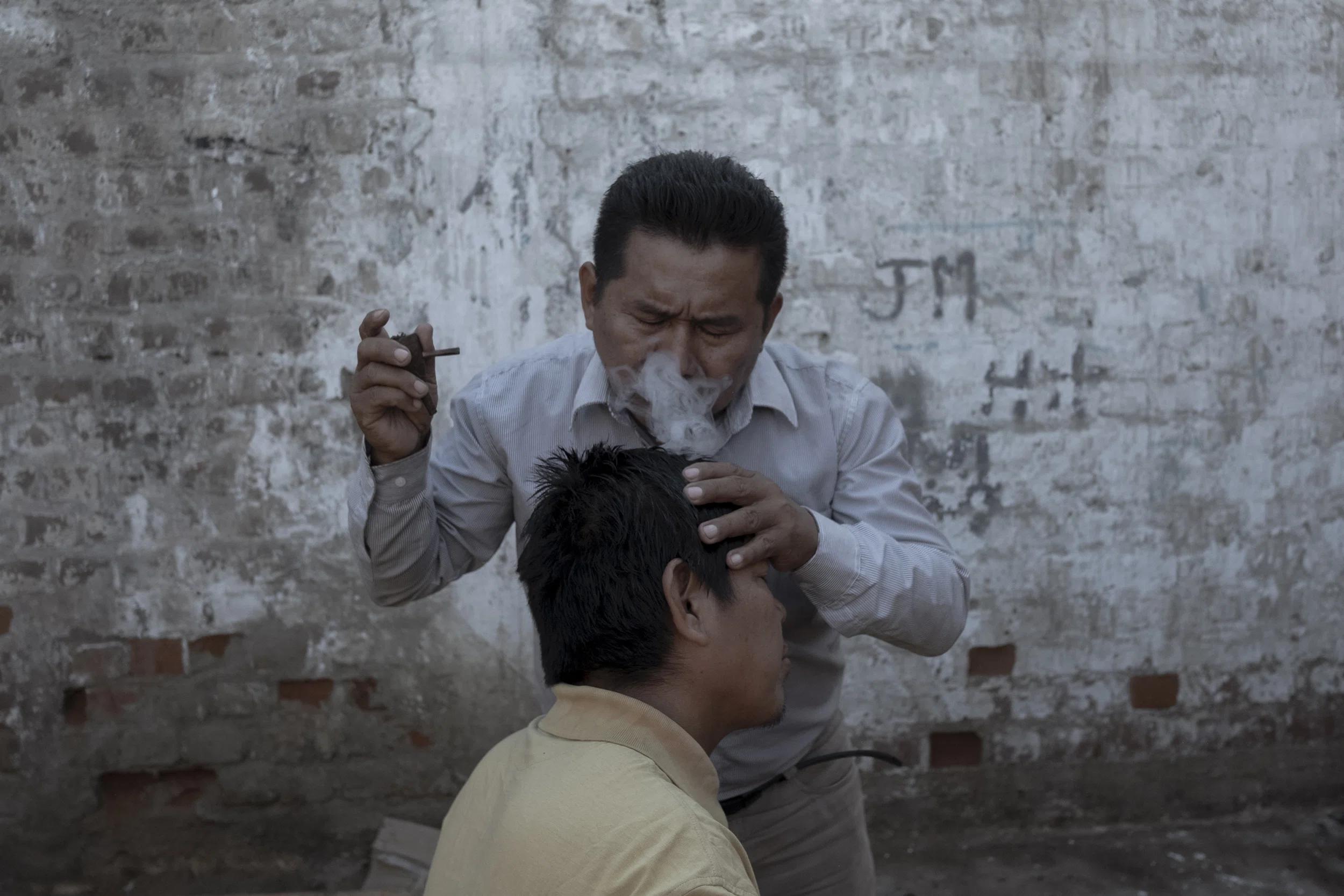
Indigenous peoples who joined the National Strike brought food from the mountains to the communal kitchens; they brought flutes and drums to cheer up the rivers of people who overflowed the streets; their Indigenous guard provided security to the demonstrators, while their millenarian resistance intensified the struggle. Other institutions, including some unions, tried to impose their agenda, but the youth openly rejected such attempts to speak on behalf of the movement.
The state’s response to the communal demands was the same as ever: massacres, targeted assassinations, sexual violence, torture, disappearances, frame-ups, infiltrations, slander, lies, accusations. The response couldn’t be otherwise, because the state relationship is necessarily one of domination. Despite the horror imposed by the state at all levels, self-organization, self-care and self-management were extraordinarily maintained.
However, when we cast our gaze over the broad sweep of Indigenous and campesino struggles, the neighborhood assemblies, the communal kitchens, the rebellions underway, and the National Strike, it still feels as if, on balance, the extraordinary communal politics that emerge in moments of crisis, tension, and decision end up getting captured by ordinary state politics. Even more so when the revolt’s highest achievement is measured by how many seats the social leaders get in the ship of state.
That is why the dignified rebellion against bad governments and in favor of peoples’ autonomy that continues in Chiapas is a mirror in which we must see ourselves, inspire ourselves, and infect ourselves in order to weave among our many peoples the freedom and emancipation that is necessary here and now. We must advance beyond patriarchy and colonialism, beyond the state that inhabits us, while remaining closer to the land, the water, the fire, and the wind that guarantees our existence.
Vote or Don’t Vote: Organize
We understand that there are those who think that it is possible to change the system by voting in elections. We say that’s a difficult spot, given that it is the same Ruler that organizes the elections, who decides who the candidates are, who says how, when, and where to vote, who announces who wins, and who says whether the election was legal or not. But well, there are people who think that this can work. That’s fine, we don’t say no, but we also don’t say yes. So, vote for a color or one of the washed-out colors, or don’t vote; we say that what we must do is organize ourselves and take back into our own hands the decision concerning who governs, and make them obey the people. If you already decided that you won’t go and vote, we don’t say that’s good, nor do we say that it’s bad. We only say that we think that it is not enough, that you have to organize yourselves. And, of course, that you have to prepare yourself, because they will blame you for the miseries of the institutional parties of the left. If you already decided that you are going to vote and you already know who you will vote for, well same thing, our opinion isn’t that it’s good or bad. What we do say clearly is that you should prepare yourself because you’re likely to end up really angry about the cheating and fraud that will happen. Because those in Power are experts in cheating. Because what’s going to happen has already been decided by those above. We also know that there are leaders who deceive the people. They say that there are only two paths to change the system: electoral struggle or armed struggle. They say this because they’re ignorant or shameless, or both. First of all, they aren’t fighting to change the system, or to take power, but to be a government. That’s not the same thing. They say that once they are in government, they will do good things, but they are careful to make it clear that they’re not going to change the system, they’re only going to get rid of the bad stuff. Perhaps they should study a little and learn that to be in government isn’t to have Power…6
This is the call of the Zapatistas, one that those thirsty for power don’t want to hear. Without even considering the experiences of Venezuela, Bolivia, Ecuador, Nicaragua, these uncomfortable words are needed here and now. I am retrieving them from 2015, when they were proclaimed by Subcomandante Insurgente Moisés.
It is necessary, then, to recognize the contradictions that inhabit us in every area of life, from the bed to the street. We must always ask ourselves: to what extent are the communal politics I advocate captured by state politics? To what extent is representativeness usurping those I represent? To what extent is my feminism subordinating the genuine struggles of women? To what extent is my communitarianism reproducing authoritarianism?
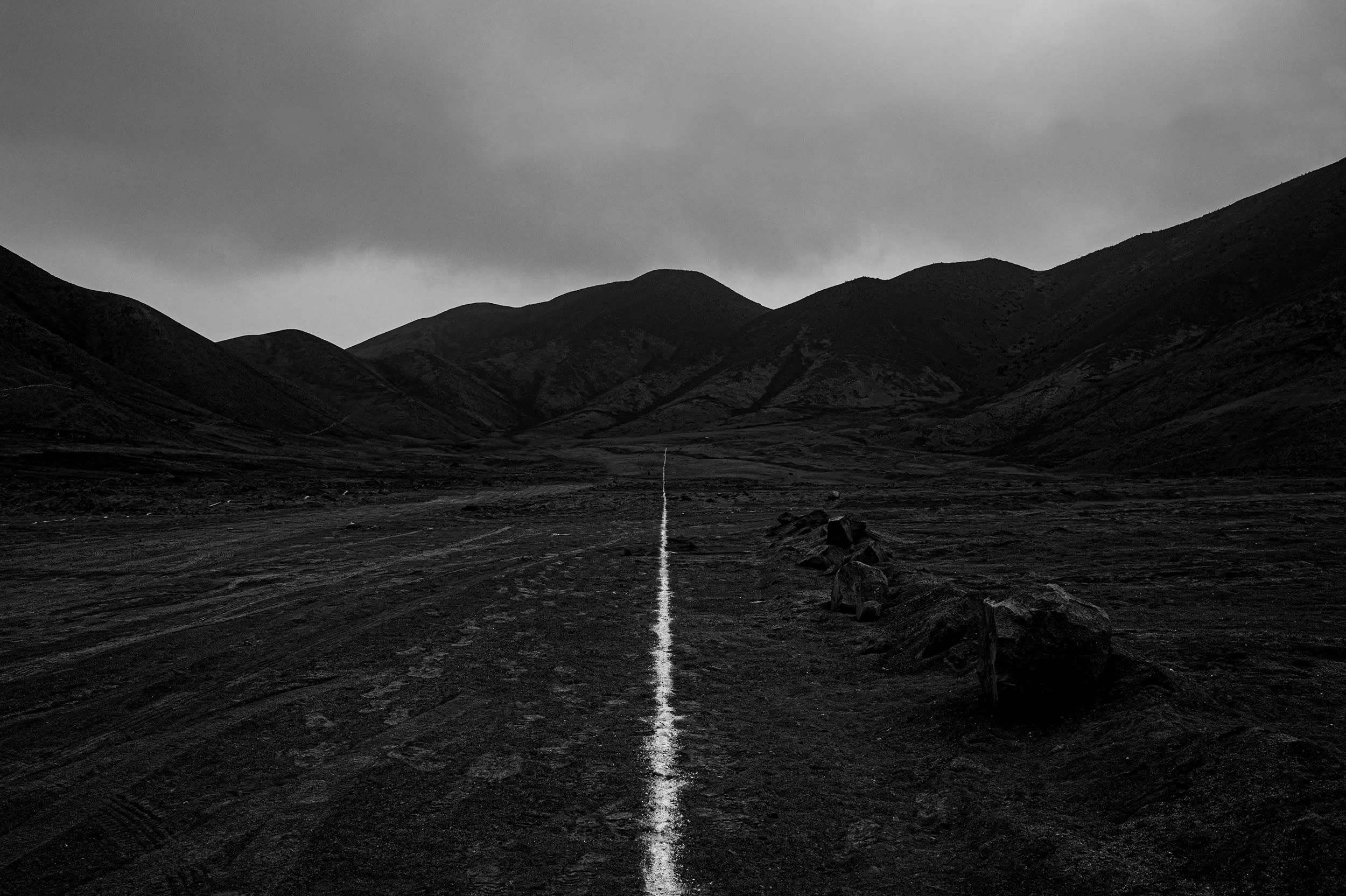
It is urgent to practice criticism and self-criticism, as they argue for in Rojava, in order to transform ourselves and make it possible for autonomies to advance and for the state to retreat. To walk the word — as we have said in our Kauka for many decades — it must extend through daily life and take on a measure of permanence, and not just at certain moments during demonstrations or strikes. The revolt is now and always. We must weave a reciprocity between word and deed in every arena of life, as Nasa thought urges us: “Words without action are empty; action without the word is blind; word and the action without the spirit of the community is death.”
From a small corner of Kauca, we have been trying to learn from the earth and to organize ourselves with her. We also try to awaken the critical spirit even in children. We generate uncomfortable words in order to continue walking in spite of the war imposed in the name of peace. And we see ourselves in the many mirrors of resistances and autonomies that nourish our rebelliousness.
First published in Spanish in Revista Cuerpo y Territorio Translated
by Scott Campbell
Images: Florence Goupil
NOTES
- In the Namtrick language of the Misak people, “Kauka” means “mother of the forests.”↰
- Translator’s note: “Partisan violence” here is a reference to La Violencia, a decade-long period of heightened interparty violence between the Liberal and Conservative parties. The 1948 murder of Liberal Party presidential candidate Jorge Eliécer Gaitán in Bogotá and the subsequent riots known as the Bogotazo exacerbated La Violencia, literally “The Violence.” The colors in this context refer to the Liberal Party (red) and Conservative Party (blue).↰
- Holloway, 1977: 80↰
- Translator’s note: Puerto Resistencia was one of the dozens of “resistance points” [puntos de resistencia] that emerged in Cali during the 2021 uprising. ↰
- A broadcast dedicated to Las ollas de la resistencia, or the “pots of resistance,” is available here.↰
- Zapatista communique published in April 2015. Online here.
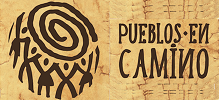

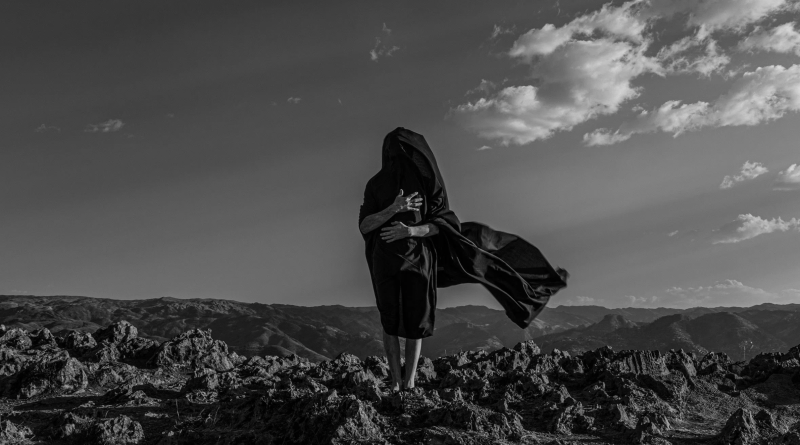
Excellent analysis of our Latin American world.
Thank you.